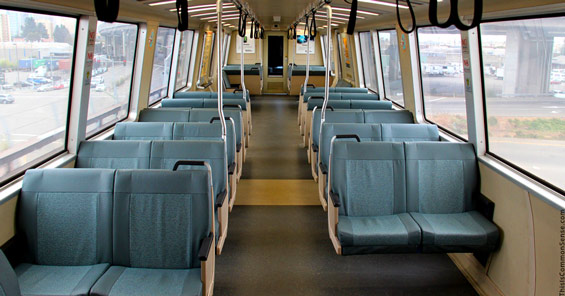Around the country, our major metropolitan transit systems have hit the skids. “Between 2016 and 2017, ridership fell in each of the seven largest transit markets,” the Washington Post informs.
You might guess that the reason for declines in ridership might have something to do with bad planning and poor service. Washington, D.C.’s Metro system, with which I am all-too familiar, is a horror … run by people I wouldn’t trust to sweep your driveway much less mine, and certainly not to manage how I get between those (or any other) two locations.
But the Post quotes an urban planning scholar who attributes the decline (in part) “to increased car ownership, particularly among low-income and immigrant populations, who were in a better position to afford cars following the Great Recession.”
This puts planners in a pickle since, he explains, if “low-income people are doing better, getting the ability to move around like everyone else, it’s hard to say that what we should do is get them to remove themselves from their cars and back on trains and buses.”
Shockingly sensible — especially coming from a planning specialist. “Transit systems should deliver quality service to low-income people,” he insists. “But low-income people do not owe us a transit system.”
Well, maybe that’s the problem, this notion that governments “owe” this service to “low-income people.”
After all, web-based services like Uber and Lyft have shown how market innovations provide the best ways to move millions.
This is Common Sense. I’m Paul Jacob.




 “Why was there racially segregated seating on public transportation in the first place?” he asked on the occasion of her death in 2005. “[T]here was certainly plenty of racism in the South, going back for centuries. But racially segregated seating” did not have the same unbroken history. Sowell pointed out that no matter what their own views, owners of the private transit lines of the 19th and early 20th century lacked motive to enforce segregation and thereby alienate many of their passengers.
“Why was there racially segregated seating on public transportation in the first place?” he asked on the occasion of her death in 2005. “[T]here was certainly plenty of racism in the South, going back for centuries. But racially segregated seating” did not have the same unbroken history. Sowell pointed out that no matter what their own views, owners of the private transit lines of the 19th and early 20th century lacked motive to enforce segregation and thereby alienate many of their passengers.


